Can Seawater Treatment Plants Solve Water Shortages in Arid Regions?
Water scarcity is becoming an increasingly severe problem worldwide, especially in arid and semi-arid regions where natural freshwater resources are extremely limited. Climate change, population growth, and the rising demand for water in agriculture and industry have further exacerbated the challenge. Against this backdrop, seawater treatment plants (desalination plants) are gaining global attention as a sustainable solution.
This article will explore how modern seawater treatment technologies—especially the advanced solutions provided by WTYEA—can help alleviate the global water crisis, with a particular focus on tackling supply challenges in arid regions.
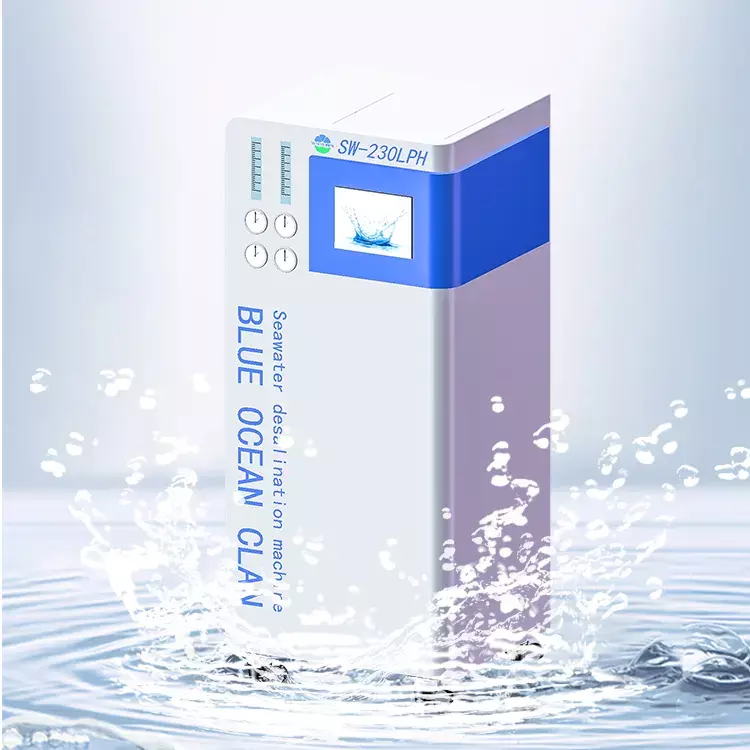
Application Prospects of Seawater Treatment Plants in Arid Areas
1. Almost Unlimited Seawater Resources
For coastal arid regions, seawater is the most accessible and virtually inexhaustible source of water. With oceans covering more than 70% of the Earth’s surface, desalination offers significant strategic value. WTYEA’s desalination systems are designed to meet this demand, delivering high-efficiency and stable freshwater conversion capabilities.
2. Stable, Climate-Independent Water Supply
Unlike traditional sources that rely on rainfall or surface water, seawater desalination is unaffected by seasonal droughts or fluctuations in water supply, providing a predictable and stable output. This is critical for the long-term development of arid areas.
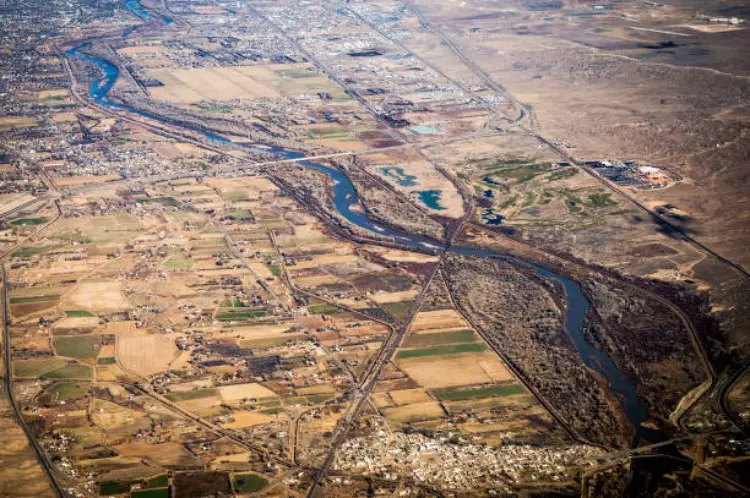
Technical Advantages of WTYEA Seawater Treatment Plants
WTYEA offers highly integrated intelligent water treatment systems covering the complete process—from intake pretreatment to final purification. Their core strengths include strong operational stability, low energy consumption, modular deployment, and high customization potential.
➤ Reverse Osmosis (RO) Technology: Core Desalination Process
Most WTYEA seawater treatment plants use reverse osmosis technology, which employs semi-permeable membranes under high pressure to separate salts and impurities from seawater, producing high-purity freshwater.
Key advantages of WTYEA RO systems include:
-
High salt rejection rate (up to 99%)
-
Low energy consumption with energy recovery integration
-
Compact design, suitable for containerized deployment
-
Scalable for industrial, municipal, and emergency water needs
➤ Optional Thermal Technologies: MSF and MED
In addition to RO, WTYEA also provides Multi-Stage Flash Distillation (MSF) and Multi-Effect Distillation (MED) thermal desalination solutions, ideal for large-scale centralized water supply or industrial scenarios with waste heat availability.
-
MSF achieves high water output through multi-stage pressure drop evaporation
-
MED optimizes energy efficiency through multiple-effect heat exchange
Applications of WTYEA Desalination Systems
✔ Municipal Drinking Water – WTYEA RO systems are widely used in water-scarce cities and towns to ensure safe drinking water. Mobile RO units are also available for disaster relief and remote communities.
✔ Agricultural Irrigation – Treated desalinated water can be used for farmland irrigation and greenhouse farming, enhancing food security in arid regions.
✔ Industrial Desalination – Coastal industrial parks often require high water quality. WTYEA customizes industrial water systems for cooling, boiler feed, and other applications, promoting cleaner production and energy savings.
Energy & Environmental Considerations: WTYEA’s Solutions to Industry Challenges
❖ Tackling Energy Consumption
Desalination is often criticized for high energy use. WTYEA addresses this through:
-
High-efficiency, low-noise pump sets
-
Energy recovery devices
-
Optional solar power integration for greener operations
❖ Environmentally Friendly Design
WTYEA incorporates environmental protection into system design:
-
Dilution-based brine discharge to reduce marine ecological impact
-
Zero Liquid Discharge (ZLD) solutions
-
Eco-friendly materials and automated controls to minimize carbon footprint
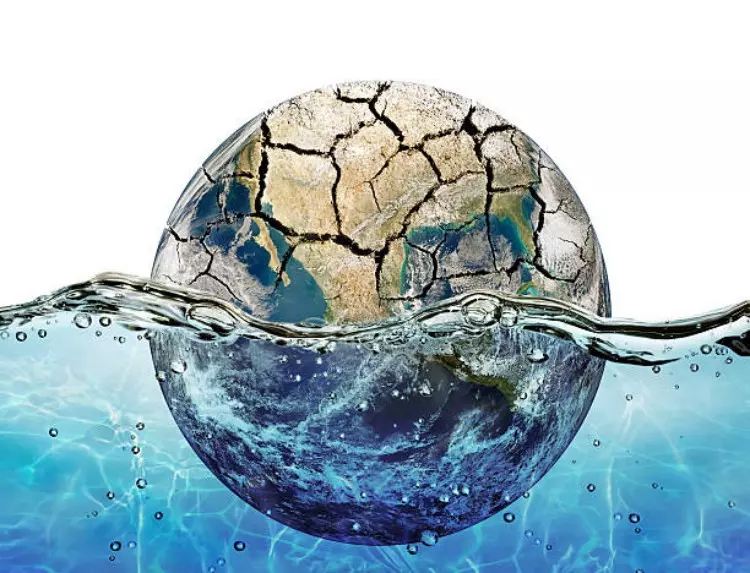
Conclusion: A Promising Water Future for Arid Regions
Yes—seawater treatment plants can significantly alleviate water shortages in arid regions. With proper design, stable operation, and controlled energy use, desalination is a viable and sustainable strategic water supply solution.
Thanks to advanced processes, flexible deployment, and strong customization capabilities, WTYEA is driving the global adoption of desalination technology, helping more countries and regions break free from “water scarcity” and move toward a sustainable water future.
Frequently Asked Questions (FAQs)
Q1: Can desalinated seawater be used in inland arid regions?
A: Mainly for coastal arid areas, but desalinated water can be transported inland via pipelines or mobile units.
Q2: How long does it take to deploy WTYEA RO systems?
A: Mobile or containerized systems can be delivered within weeks. Large customized projects depend on process complexity.
Q3: Can desalinated water be used for agriculture?
A: Yes. After mineral adjustment and brine management, it is suitable for farmland and greenhouse irrigation.
Why Choose WTYEA Group?
WTYEA is a trusted brand with over a decade of experience, providing efficient and reliable water treatment solutions to leading companies worldwide. With over 100 successful projects for well-known enterprises such as Foxconn, Huawei, Ganfeng Lithium, and Ronbay Technology, WTYEA enjoys an excellent reputation. We offer OEM & ODM customization to meet your unique needs.
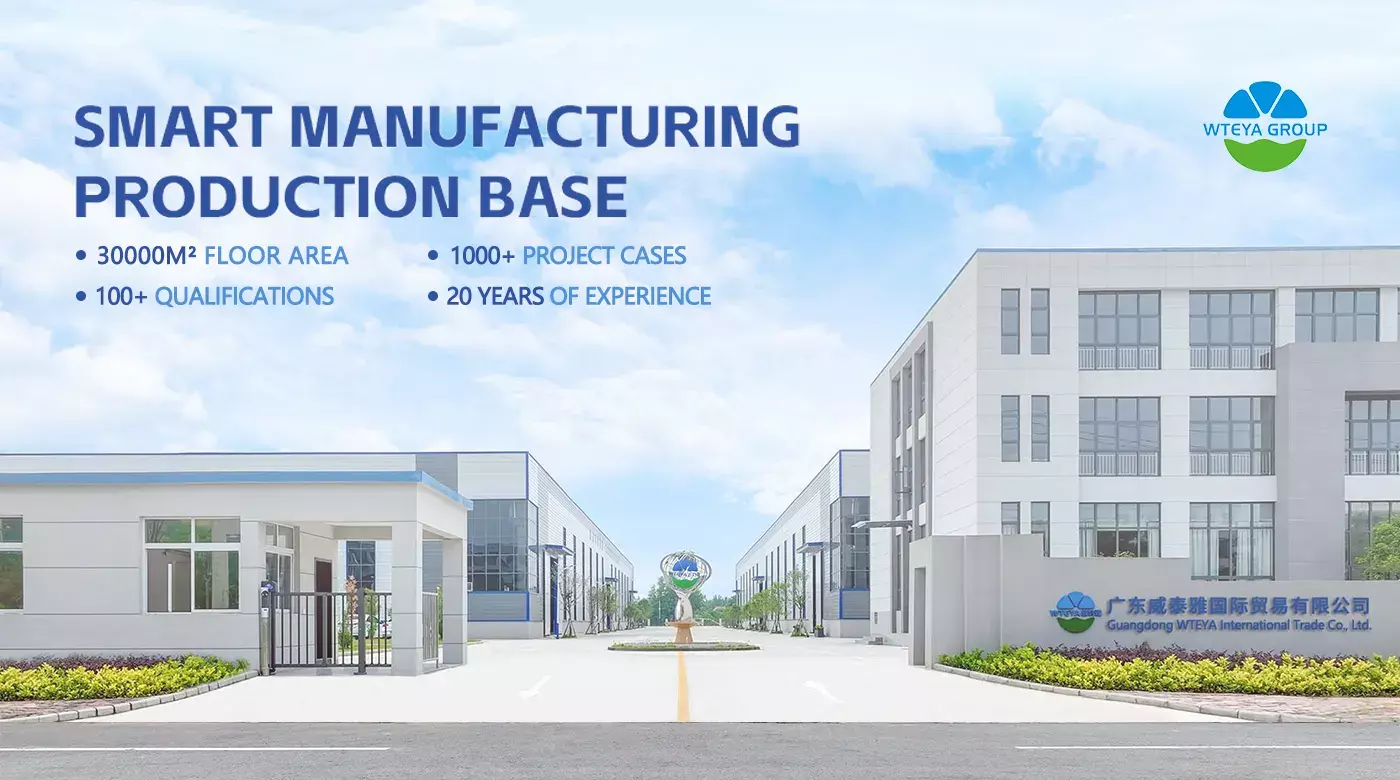
WTYEA Is Seeking Distributors!
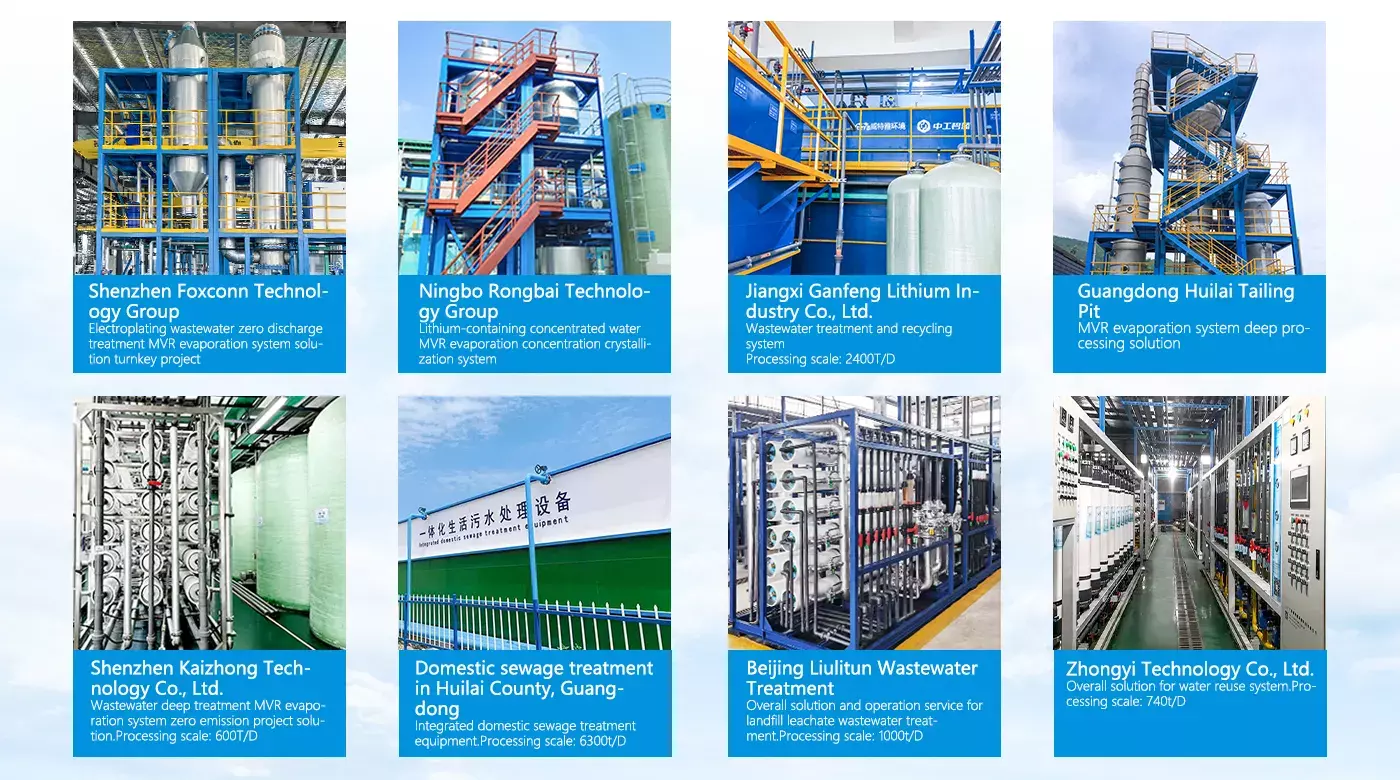
We welcome you to join us! As a 16-year brand, WTYEA offers attractive policies, professional training, and full technical support you can rely on.
📧 Email: info@wteya.com
📱 WhatsApp: +86-1800 2840 855
Let us help you achieve unmatched water quality!







